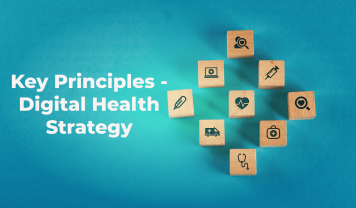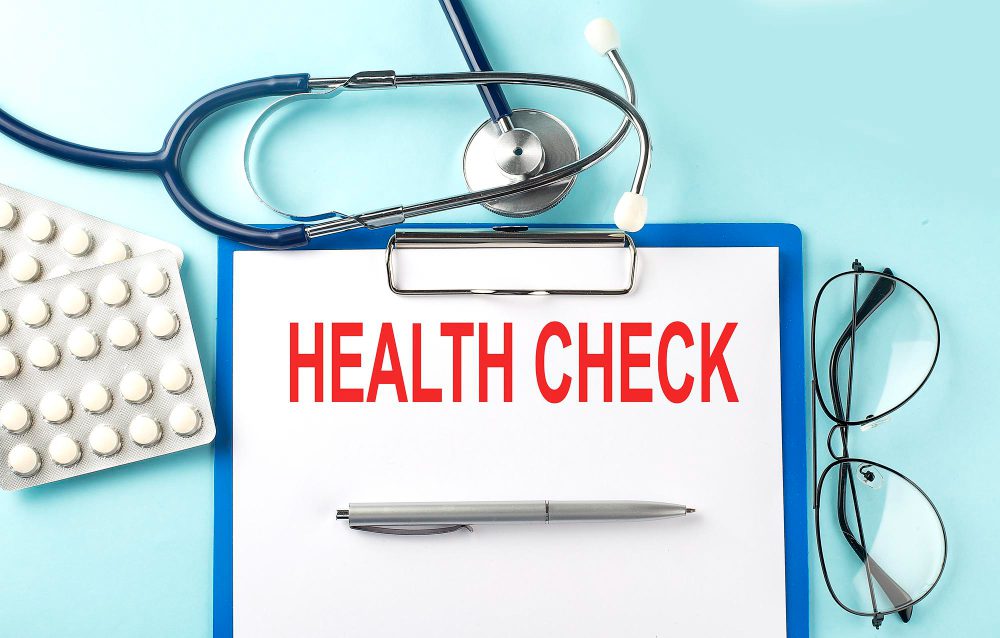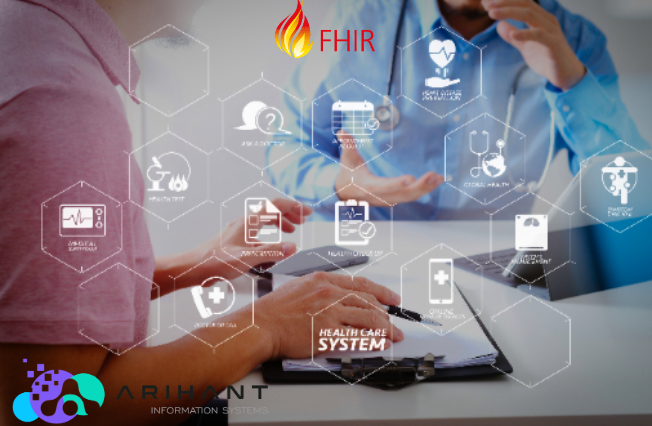The purpose of this article is to describe the significance of interoperability in healthcare information technology, as well as some techniques for ensuring its seamless and efficient deployment. It also mentions “Arihant Information Systems” experience developing healthcare apps. It is worthy of your attention whether you are a healthcare company. In this era of digital […]
The seismic shifts in the healthcare landscape, significantly accelerated by the COVID-19 pandemic, have underscored the critical role of a resilient digital health strategy. As healthcare providers strive to meet the escalating expectations of tech-savvy consumers, it’s become abundantly clear that the initial digital advancements—while valuable—merely scratch the surface of what’s possible and what’s needed. […]
In the rapidly evolving digital landscape, healthcare app development stands out as a critical area that merges technological innovation with human-centric service. Building a successful healthcare application is no small feat—it requires a deep understanding of the complex healthcare industry, adherence to regulatory standards, a strong foundation in technology, and, most importantly, an empathetic approach […]
AI has emerged as a transformational force in the ever-changing landscape of software development, altering traditional coding processes and presenting tremendous potential for optimizing workflows and accelerating software delivery. AI integration in software development is more than a passing fad; it’s a catalyst for unparalleled efficiency, accuracy, and innovation. In this article, we’ll look at […]
As the healthcare industry continues to shift towards value-based care models, revenue cycle management (RCM) is becoming increasingly complex. In order to optimize RCM for value-based care, healthcare organizations must embrace new payment models, focus on quality and outcomes, and leverage technology solutions that can streamline their RCM processes. In this blog post, we’ll explore […]
As the healthcare industry evolves, so does the need for accurate and efficient Quality Assurance (QA) in Revenue Cycle Management (RCM). QA is a critical process that ensures the accuracy and completeness of your claims data and is essential for successful claims and refunds. Unfortunately, the current manual processes used for quality assurance in RCM […]
The field of medical coding is one of the most critical and complex areas in the healthcare industry. Accurate coding is essential for several reasons, including ensuring proper reimbursement for healthcare providers, facilitating efficient revenue cycle management, and maintaining compliance with federal and state regulations. However, despite its importance, medical coding can be a challenging […]
Fast Healthcare Interoperability Resources (FHIR) is a revolutionary new standard for exchanging healthcare information electronically. Developed by Health Level Seven International (HL7), FHIR is designed to make it easier for healthcare systems to share data and improve the quality of care for patients. This standard is based on the latest web standards and technologies, making […]
Technology can play a significant role in improving the patient’s financial experience in the healthcare industry. It can provide patients with easy access to their healthcare facilities, medical billing, insurance for making payments, and a simple process for healthcare organizations. Additionally, they can offer patients personalized cost estimates and financial assistance options, helping to reduce […]
Healthcare Fraud, According to NHCAA financial loss due to healthcare fraud is billions of dollars. Approximately 3% of total health care expenditures, while some government and law enforcement agencies place the loss as high as 10% of our annual health outlay. Fraud in Revenue Cycle Management (RCM) is a significant concern for healthcare providers and […]
- 1
- 2
















